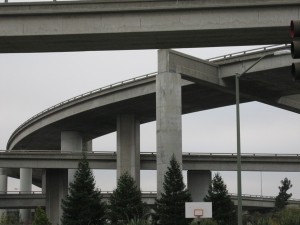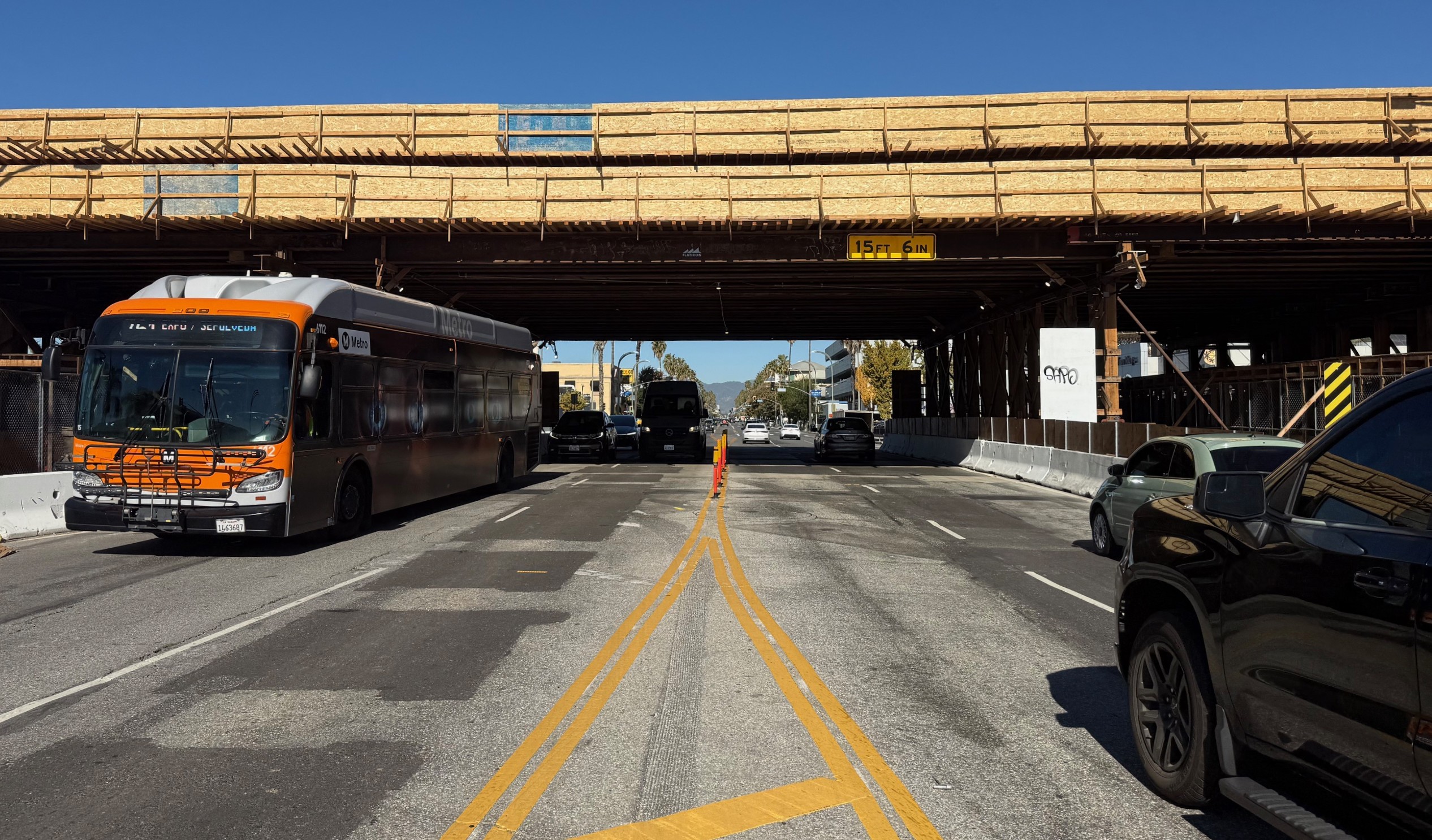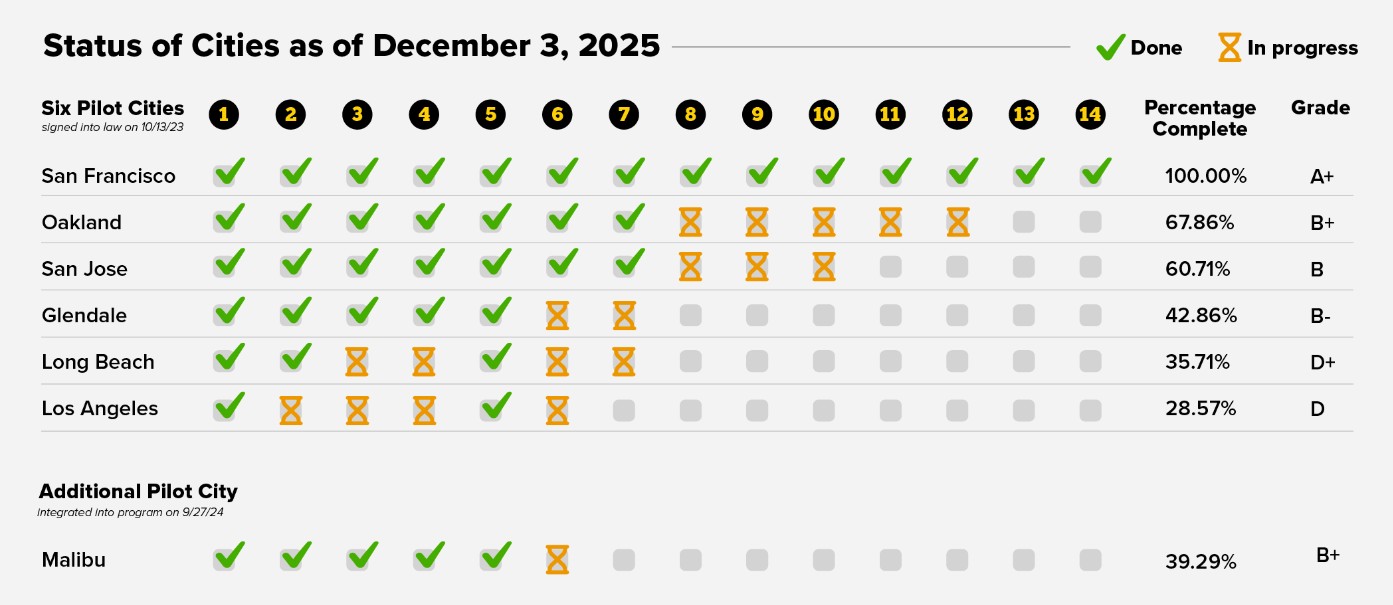In a study that should give pause to anyone proposing a highway expansion project near where people live, A new study out of the University of Southern California should give them pause. Research by University Professor and senior author Caleb Finch and Constantinos Sioutas of the USC Viterbi School of Engineering demonstrates a direct correlation between certain types of brain damage and highway pollution.
The report is especially timely as reports out of Washington suggest that Republican leadership is pushing for a transportation reauthorization bill that will expand the nation's dependency on highway travel and slash funding for other forms of cleaner transportation.

The pollutants aren't caused just by the air pollution created by the internal combustion engine alone, but by a mix of tiny particles from burning of fossil fuel and the weathering of car parts and the freeway itself. Finch explains that the toxic particulates are roughly one-thousandth the width of a human hair and too small for car filtration systems to trap, so that its not just the people living near highways that are endangering their brain cells, but those driving on the freeway.
Many studies have drawn a link between vehicle pollution and health problems. This is the first to explore the physical effect of freeway pollution on brain cells, Finch said.
The study measured the brain activity and health of mice after exposure to the toxic particulates caused by freeway driving. In the study, mice were exposed for a relatively short time: 150 hours, spread over 10 weeks, in three sessions per week lasting five hours each. The results?
• Neurons involved in learning and memory showed significant damage.
• The brain showed signs of inflammation associated with premature aging and Alzheimer’s disease.
• Neurons from developing mice did not grow as well.
For those hoping that electric and hybrid automobiles are the solution to all of America's transportation woes, there's more bad news. Even an all-electric car culture would not solve the problem on its own, Finch explains in USC's press release.
“It would certainly sharply decrease the local concentration of nanoparticles, but then at present, electrical generation still depends upon other combustion processes - coal - that in a larger environment contribute nanoparticles anyway.
“It’s a long-term global project to reduce the amount of nanoparticles around the world. Whether we clean up our cars, we still have to clean up our power generation.”
The report stops short of recommending investments in livable communities, transit expansion and other forms of truly clean transportation, but if the major problem illustrated by this project is, as lead author Todd Morgan tells the Los Angeles Times is about figuring out how to move people without all the negative impacts; then there are a limited number of potential solutions.






